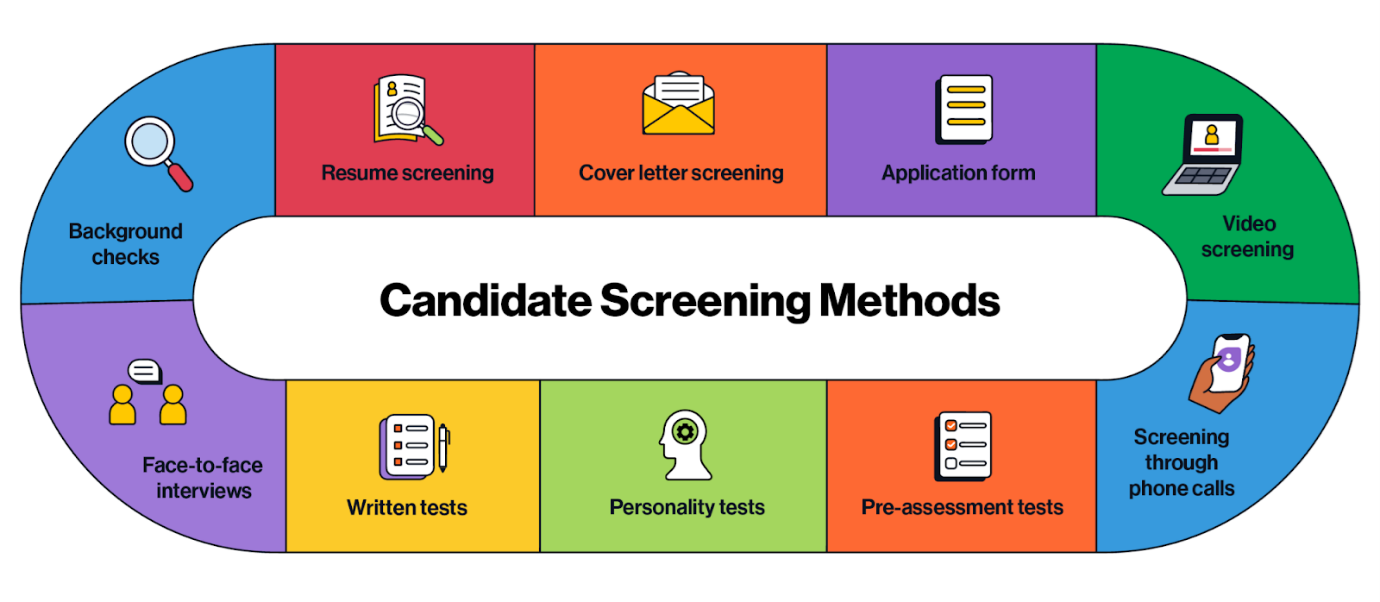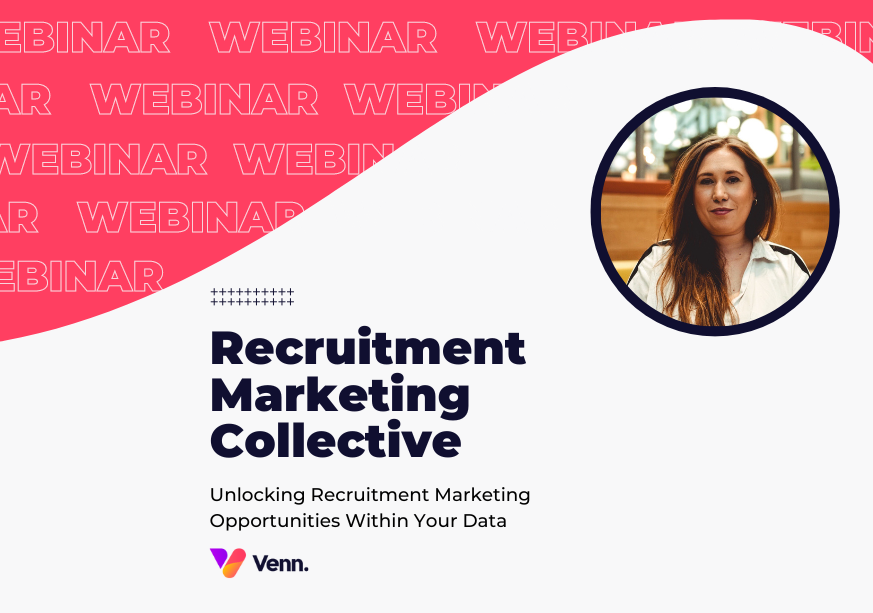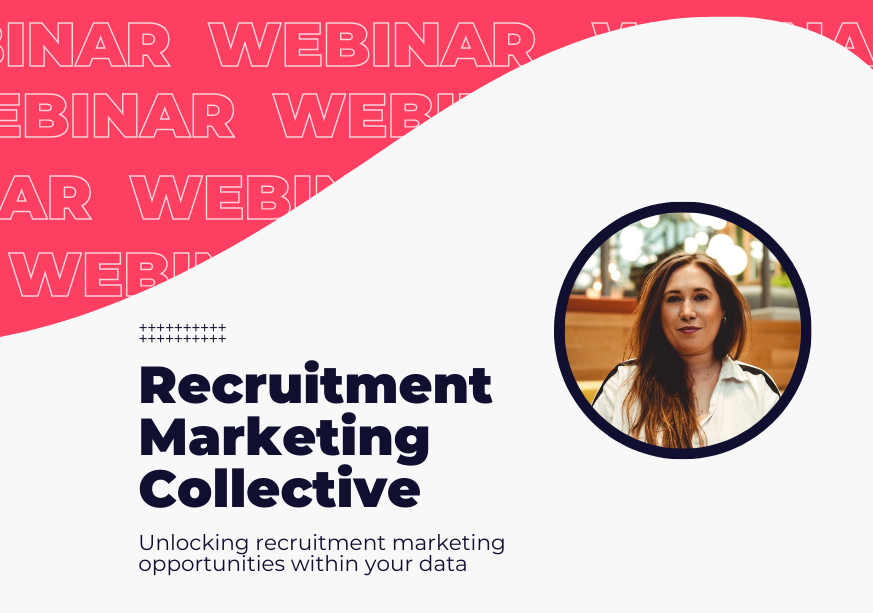Why can Philip Schofield give me a quote on my car within 30 seconds? Yet, when applying for a job, I must take hours out of my evening to create a CV accompanied by a cover letter, convert them to a PDF, register to a job board, upload my personal documents, apply for a job… all to be bombarded by 100s of recruiters to tell me that they have the ‘dream job’ for me?
The most prolific tool for talent acquisition is the CV. Not only is it the most commonly used, but it is the oldest trick in the book. The curriculum vitae has been a staple requirement throughout the application process for generations.
None other than Leonardo da Vinci created the first professional CV by outlining his skills and experience. So, besides being a painter, engineer, scientist, theorist, sculptor, and architect, it turns out Leonardo was also a pioneer of traditional talent acquisition processes.
Now, we’re not saying that the late, great Leonardo Da Vinci was wrong all along; but surely, in this digital age, there must be easier, more diverse options that can improve the process for employers, recruitment agencies, and candidates. Elon Musk is trying to colonise Mars, yet recruitment agencies are still sieving through copious amounts of mundane, corporate jargon which resembles as much individuality and charisma as the latest TikTok dance trend.
Is the CV dead?
A growing number of recruitment agencies and brands disregard the CV throughout the hiring process, either partly or entirely. In fact, Bullhorn says that 84% of firms are transforming digitally, with CVs playing less of a role.
While 61% of companies continue to use CVs as their first form of application, the concept of a single piece of paper being the first impression of a person has become outdated. On average, recruiters spend 5-7 seconds looking at a CV. Now, if this CV were replaced with a video, a quiz, or an assessment, would it not be more engaging and informative?
Businesses worldwide spend thousands on candidate attraction for a new generation of potential talent through ads, campaigns, and job boards. Yet, they forget to consider their application process as a potential barrier. HR magazine found that 43% of young workers said CVs were an outdated model. Now that alone does not prove that CVs are dead, but what it tells us is that if your target candidates are gen z talent, CVs aren’t the way to go.
Unconscious bias in recruitment
The most commonly talked about issue with CVs is ‘Unconscious bias.’ Unconscious bias has become a bit of a buzzword in the recruitment industry. There are different definitions and types, but essentially, it draws upon the learned stereotypes that we may apply (intentionally or unintentionally), which may influence who an employer chooses to employ.
With the DE&I conversation becoming more prevalent within recruitment marketing, many businesses now have stringent diversity and inclusion policies to ensure that unconscious bias doesn’t seep into the recruitment process. Examples of unconscious bias in recruitment include:
- Ageism Bias
- Appearance Bias
- Affinity Bias
- Confirmation Bias
- Attribution Bias
- Gender Bias
- Authority Bias
- The Halo Effect
- The Horn Effect
4 reasons why CVs don’t work
Ok, maybe axing the CV altogether might be a step too far, but in the age of soul-bound NFTs and video interviews, surely there’s a better way to engage candidates? Beyond the fact that we simply don’t like them, a few factors threaten the CV's existence. For example:
1. The potential for fraud
False information, exaggeration, or even a little white lie, may not seem like a big deal when writing a CV. However, a lack of honesty is one of the leading reasons why the CV is dying. In fact, LinkedIn found that more than 75% of candidates lie about their employment dates to boost appearances. This may seem like a small detail, but it can drastically impact a recruiter's ability to hire and find quality candidates.

2. Qualifications and education are no longer the most important factor
These days, most employers want to see theoretical and practical skills over qualifications. While university degrees still hold value, in the grand scheme of things, a long list of faceless GCSEs and A-levels will not help a candidate stand out. According to Monster, 48% of employers choose candidates because of their personality, focusing on this feature over academic achievements.
3. Written CVs don’t tell recruiters everything they need to know
Displaying creativity is tricky when you have to fit your entire career story on a single piece of paper. Artistic and visual roles such as designers, photographers, and even developers are done a disservice through a CV. These individuals cannot express themselves through written copy, and employers often require physical proof of their expertise.
Assessments such as code-breaking challenges, design briefs, or copywriting tasks can communicate these skills and personality traits to impress employers. In addition, not everyone likes to write. With dyslexia being the most common disability among adults, recruiters and employers should do more to provide accessibility and various application methods.
4. Shuffling through CVs wastes time
On average, 250 applications will be received for each job. That’s a lot of CVs to get through! Automation and time-saving tech are high priorities in the world of recruitment marketing, and yet the application process has been somewhat left behind. Recruiters, therefore, are embracing other ways of hiring the right candidates, such as anonymous tests and unbiased assessments.
4 ways to replace CVs and job applications
Firstly, there’s no silver bullet to eliminating bias in the job market. It’s likely that there’s also not a cookie-cutter, one-size-fits-all approach to any of this. It’s about using the right methods, with the right tech, at the right time along the candidate's journey.

The LinkedIn phenomenon has threatened the existence of the traditional CV by essentially taking it digital. Job seekers can now apply to jobs without needing a CV, as a candidate’s entire employment history is available online. With this rise in digital recruitment tools, industry leaders have found new ways to adapt through alternative search and screening asset methods. Some of these include:
1. Online & digital assessments
One of the problems with CVs is that none of the skills are applied or proven through an activity. So, instead, we’re trusting someone we’ve never met before to be telling the full and honest truth. they’re really as suited to your business and the role as they say they are, then why not get them to prove it?
Tests can vary in difficulty, and it’s hard to prepare for what you don’t know is coming, so this can make the hiring process fairer. This approach opens opportunities to more people and widens the talent pool, supporting the talent acquisition process. Across different industries, these assessments could look like this:
- A designer can design a web page
- A copywriter can write a piece of content in line with a brief
- A marketer can create a campaign plan for a specific business goal
2. Gamification in recruitment marketing & applications
The same logic applies to gamification. For example, say I’m a dyslexic web developer. I may be extremely competent at coding, but writing and reading might not be my strong point. However, these particular skill sets aren’t necessarily required for me to carry out the job that is described; so why be judged on this metric through a written and verbal hiring process?
Does it make sense instead for me to crack a piece of code or build a small piece of software? Recruiters may miss out on top talent with considerable potential simply because their CVs don't stand out or they didn't follow a traditional career path.
3rd party providers such as Equalture and The Talent Games support the hiring process with game-based assessments that remove unconscious bias. Examples of gamification in recruitment include:
- Virtual job simulations
- Hackathon coding competitions
- Online escape room puzzles
3. Soul-bound NFTs & blockchain
Perhaps the most revolutionary alternative approach of them all is the Blockchain. Many people think of cryptocurrencies or NFTs, but this technology is much more than a meme coin or Jpeg image.
Blockchain has the potential to eradicate CV fraud because it can identify inconsistent data, prove falsification, and verify certifications. You can store public profiles, certifications, experience, qualifications, and more on the Blockchain, making the validation process more efficient and secure. The key difference is this cannot be tampered with, meaning it stays with you, cemented on your record for the rest of your professional career.
4. Video CVs
Finally, some people believe that video CVs are the future and that they’re destined to replace the Word and PDF CV documents. Besides providing a level of authenticity that a piece of paper can’t, they’re also faster and easier to deal with. This medium offers great potential for the natural salesperson or client-facing roles.
Instead of spending your lunch breaks amending your CV on the sly, take 2 minutes out of your evening to record a video. Videos are much easier to personalise, and you may not need to create a new one from scratch each time. You may already have videos banked that showcase your presentation or speaking skills in a professional environment, which is arguably a much better indication of someone’s competence for a particular role.
Do traditional CVs still have a place in the modern tech era?
There’s no need to rip up your CV just yet. Perhaps it’s not the CV that’s broken, but the medium that it is delivered through, how they are interpreted/ utilised, and in what context they are applied.
Candidates are applying for jobs faster than ever before, but CVLibrary still reports a 90% drop off at the point of application. Removing barriers that stop a candidate from applying while maintaining quality applications will help recruitment agencies attract more quality candidates, whether through a consultant or direct from a careers site.
For many employers, recruitment agencies, talent acquisition partners, and candidates, the shift away from traditional processes towards digital will benefit massively. Online interviews, videos, and assessments are here to stay as the world continues to become more interconnected and remote working opens up more opportunities. As a candidate, being prepared for this will give you an edge in the job market and provide another way to differentiate yourself from your competition. It's time for a change. Why can’t we, as an industry, provide multiple ways of application for different roles and personality types? Let the developer crack a code, tell the sales guy to record a video, and encourage a designer to build a web page to show off their skills.
Is it time you reviewed your online candidate experience? In a digital world, candidate's expectations are high, and accessibility and UX should be top of the hiring manager's agenda. Whether you’re a recruitment agency looking to increase the number of applications you receive or a talent acquisition manager exploring alternative hiring methods, our experts can support you. Explore our approach to recruitment websites and careers websites, or speak to a member of our team if you wish to learn more.







